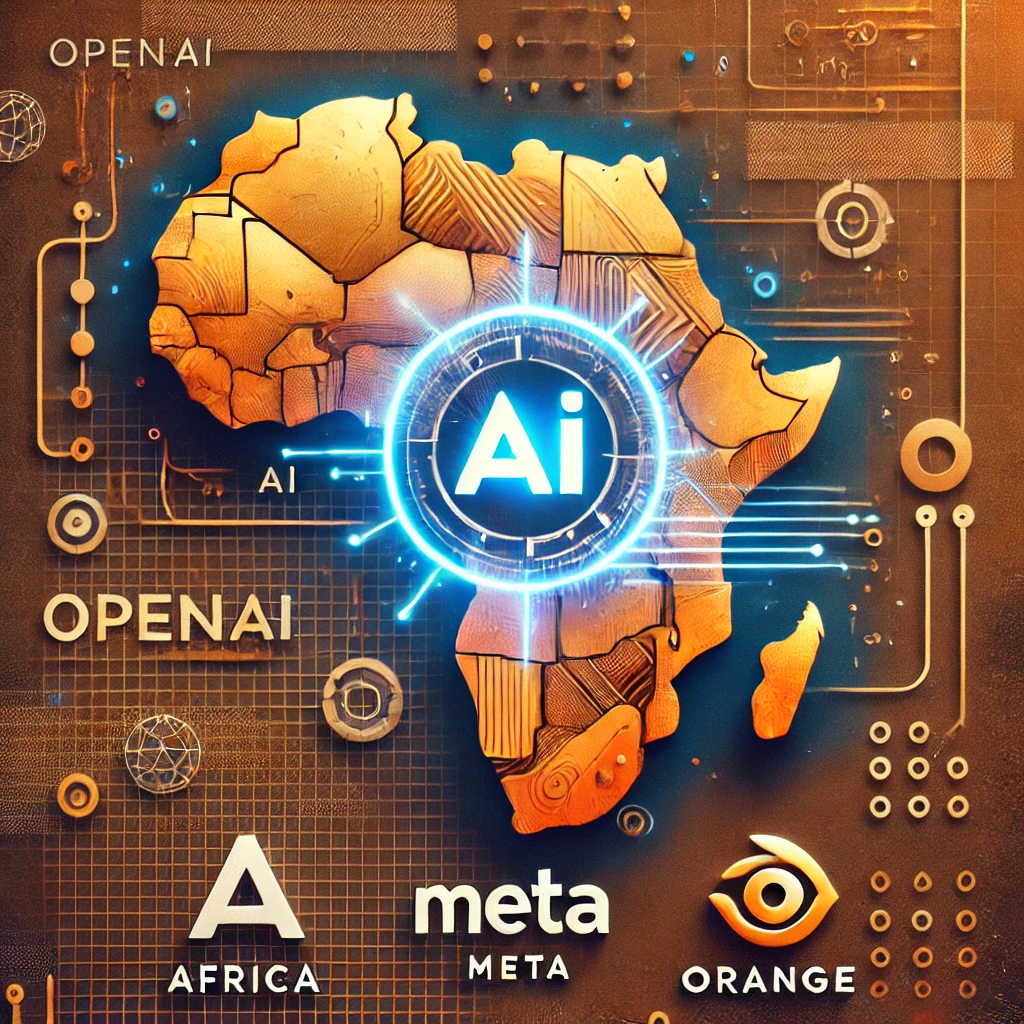OpenAI, Meta Platforms Inc., and Orange SA on Tuesday announced a collaboration to develop AI models for African languages, addressing the continent’s linguistic diversity.
This program advances artificial intelligence’s depiction of Africa’s rich linguistic diversity. Many of the continent’s roughly 2,000 languages are under-represented in AI systems, limiting technology access for millions.
Its goal is to develop AI tools to interpret and generate text in African languages, starting with Wolof and Pulaar, which 22 million West Africans speak.
Read also: ChatGPT becomes a full-fledged search engine with web integration
Language translation is simply one aspect of this collaboration to make technology inclusive and accessible. Based on African languages, the project aims to empower local communities, develop digital literacy, and boost economic growth through communication tools.
With the advancement of AI, the necessity for culturally pertinent and linguistically diverse applications becomes more urgent. OpenAI, Meta, and Orange aim to address this gap by offering a paradigm for the development of AI that prioritises inclusivity and representation.
Addressing linguistic gaps
The partnership seeks to tackle the underrepresentation of African dialects in AI systems. Steve Jarrett, Orange’s Chief AI Officer, emphasised, “We see the initiative as a blueprint for how AI can be used to benefit those currently excluded. Orange’s vision is to make AI and other related advances accessible to all, including illiterate populations who cannot benefit from the potential of artificial intelligence.”
The models will initially focus on customer engagement across Orange’s 18 markets in the Middle East and Africa, with plans to expand to other languages like Lingala, Swahili, and Bambara by late 2025.
Read also: OpenAI empowers teachers with free AI training course
Commitment to digital inclusion
Orange will utilise its cloud infrastructure in Europe and Africa for data processing and model training. The collaboration intends to provide open-source AI models for non-commercial applications, including public health and education.
Jarrett noted that “by extending this project to more African languages, we aim to bridge linguistic gaps,” ensuring that AI tools effectively support local populations. This initiative not only addresses AI’s current limitations but also promotes digital inclusion across the continent.




